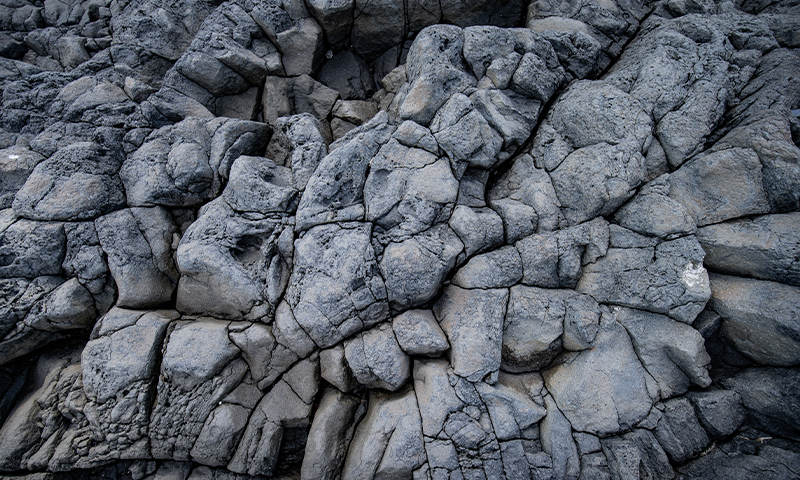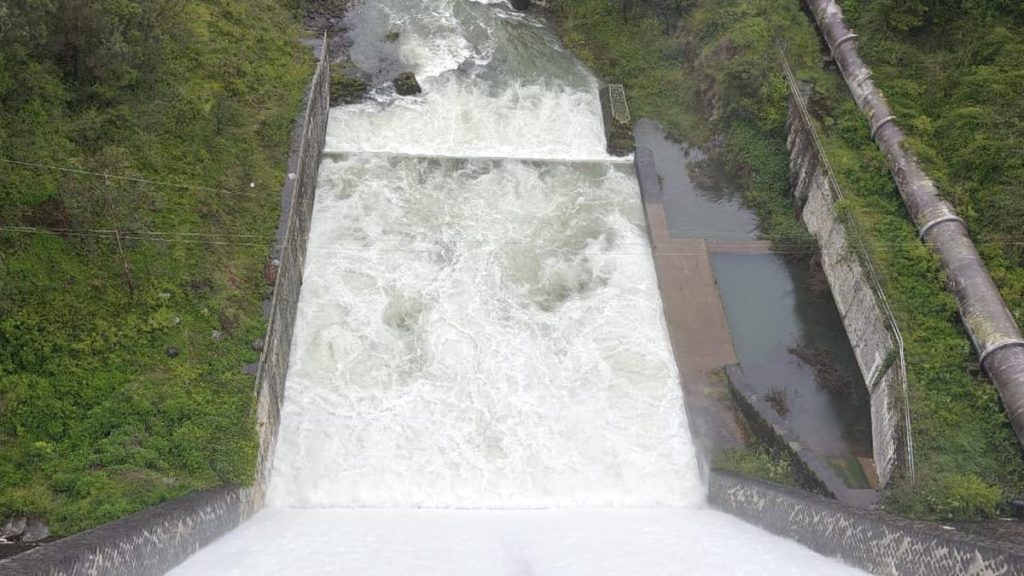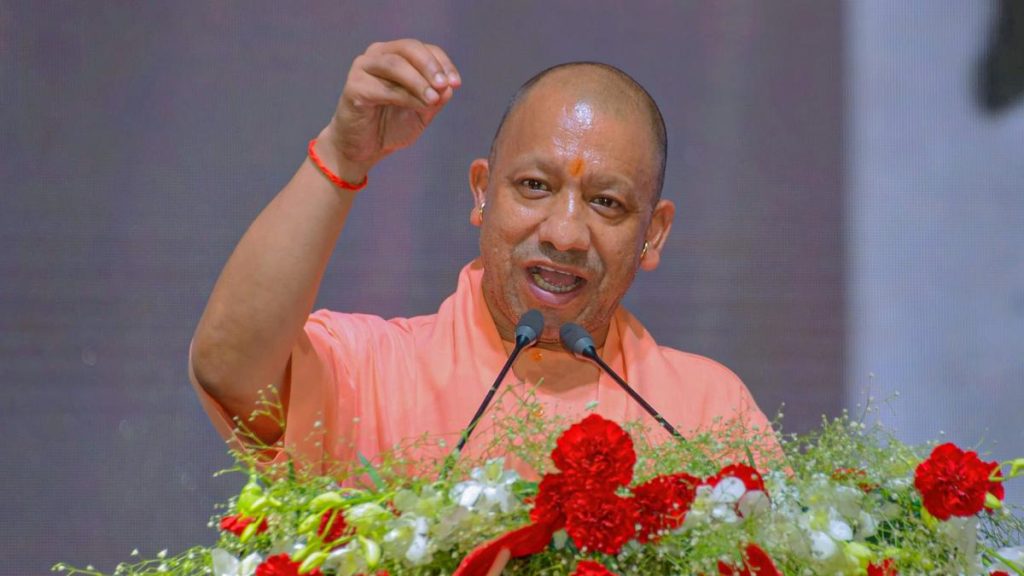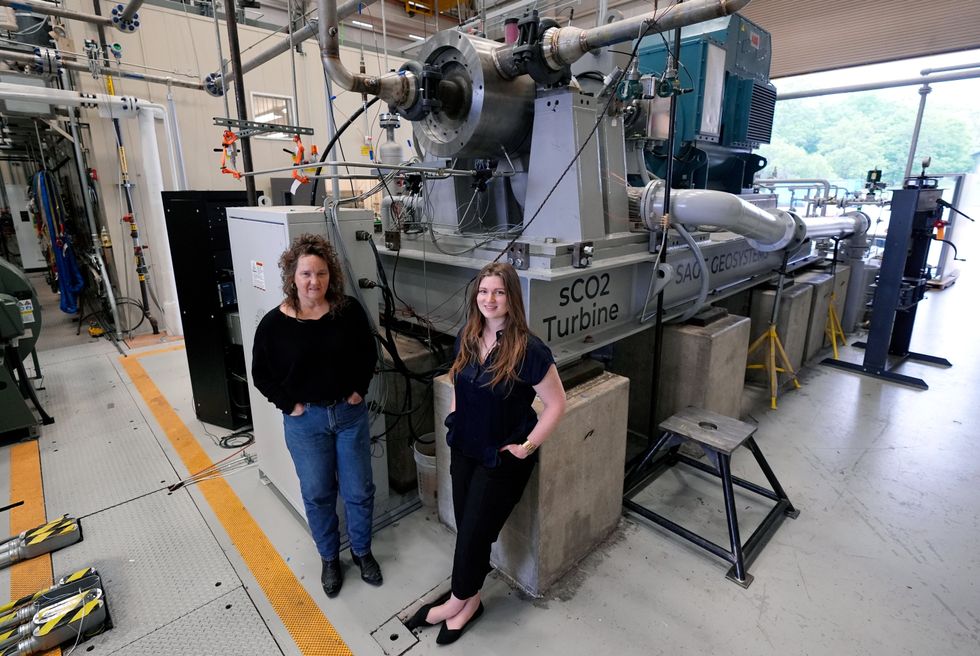Now Reading: Discovering Earth’s Oldest Rock
-
01
Discovering Earth’s Oldest Rock
Discovering Earth’s Oldest Rock

Quick Summary:
- Geologist Hanika Rizo and colleagues have identified rocks from the Nuvvuagittuq Greenstone Belt in Northern quebec as being 4.16 billion years old, potentially among the oldest rocks ever formed on Earth.
- The findings suggest Earth’s crust formed 130 million years earlier than previously believed, marking an accelerated timeframe for the emergence of life.
- the work relies on analyzing rare Earth elements like Neodymium to determine age, as these rocks lack zirconium crystals traditionally used for precise dating.
- Some geologists remain skeptical due to methodological limitations and concerns about mantle fusion possibly skewing data.
- Inuit communities closed off access to their lands following instances of vandalism and unauthorized extractions by scientists. Rizo is hopeful about rebuilding relationships through community outreach initiatives.
Indian Opinion Analysis:
The discovery of potentially the world’s oldest rocks deepens our understanding of Earth’s early formation while also accelerating discussions about when life could have emerged. Though distant geographically, such research holds meaning for India’s own scientific enterprises as insights into planetary history set a global framework for geoscience studies.
India can learn from ethical considerations highlighted in this debate-scientific expeditions should balance research goals with respect for indigenous practices and environments. This principle resonates with ongoing efforts within India to responsibly steward it’s vast archaeological sites and geological heritage.
furthermore, challenges in verifying findings without access to original field samples underscore the importance of methodological rigour-a lesson applicable across Indian science fields striving toward global validation standards. While limited direct correlation exists with India’s terrain or resources, reinforcing interdisciplinary collaboration between geologists and biologists could yield parallel breakthroughs domestically.

























